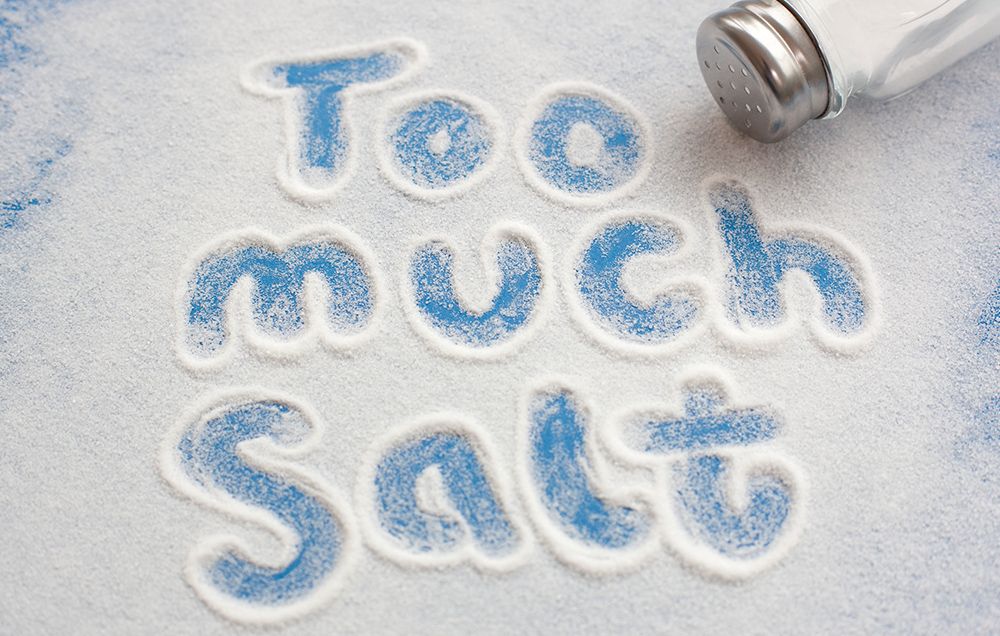- Empty cart.
- Continue Shopping
The Risks of Consuming Excess Sodium

Sodium is an essential mineral that plays a vital role in maintaining physiological functions such as fluid balance, muscle contractions, and nerve signaling. However, excessive sodium intake has been linked to a range of health issues. We aim to shed light on the risks associated with consuming excess sodium and offers guidance on how to manage your sodium intake effectively.
The Role of Sodium in the Body
Fluid Balance
Sodium helps regulate the balance of fluids in and around cells, which is crucial for the body’s overall hydration status.
Nerve Function
Sodium ions are essential for transmitting electrical signals in the nervous system, facilitating communication between the brain and muscles.
Blood Pressure Regulation
Sodium plays a role in constricting blood vessels, which affects blood pressure. While this is a normal physiological function, it can become problematic when sodium levels are too high.
The Risks of Excessive Sodium Intake
Hypertension (High Blood Pressure)
One of the most well-known risks of high sodium intake is elevated blood pressure. Hypertension is a leading risk factor for heart disease, stroke, and kidney failure.
Cardiovascular Diseases
Excessive sodium consumption is associated with a higher risk of developing cardiovascular diseases like heart failure, coronary artery disease, and even cardiac arrhythmias.
Kidney Function
High sodium levels can put a strain on the kidneys, impairing their ability to filter waste from the blood. Over time, this can lead to kidney disease or exacerbate existing kidney problems.
Osteoporosis
High sodium intake can result in the loss of calcium through urine, weakening bones over time and increasing the risk of osteoporosis.
Stomach Cancer
Some studies suggest that excessive sodium intake may be linked to a higher risk of stomach cancer, although more research is needed to establish this connection definitively.
Fluid Retention and Bloating
High sodium levels can cause the body to retain water, leading to swelling, bloating, and discomfort.
Managing Sodium Intake
Read Labels
Processed foods are often high in sodium. Always read nutrition labels to check the sodium content.
Cook at Home
Preparing meals at home allows you to control the amount of salt and other seasonings used, helping you manage your sodium intake better.
Opt for Fresh Foods
Fresh fruits and vegetables are naturally low in sodium. Incorporating more of these into your diet can help balance out higher-sodium foods.
Use Alternatives
Herbs, spices, and other salt-free seasonings can add flavor to your meals without the added sodium.
Consult a Healthcare Provider
If you have existing health conditions like hypertension or kidney disease, consult a healthcare provider for personalized advice on managing sodium intake.
Finally, while sodium is essential for various bodily functions, excessive intake poses significant health risks, from hypertension and cardiovascular diseases to kidney issues and osteoporosis. Being mindful of your sodium consumption and making informed food choices can go a long way in mitigating these risks. Always consult a healthcare provider for a comprehensive understanding of your nutritional needs and potential health risks.








